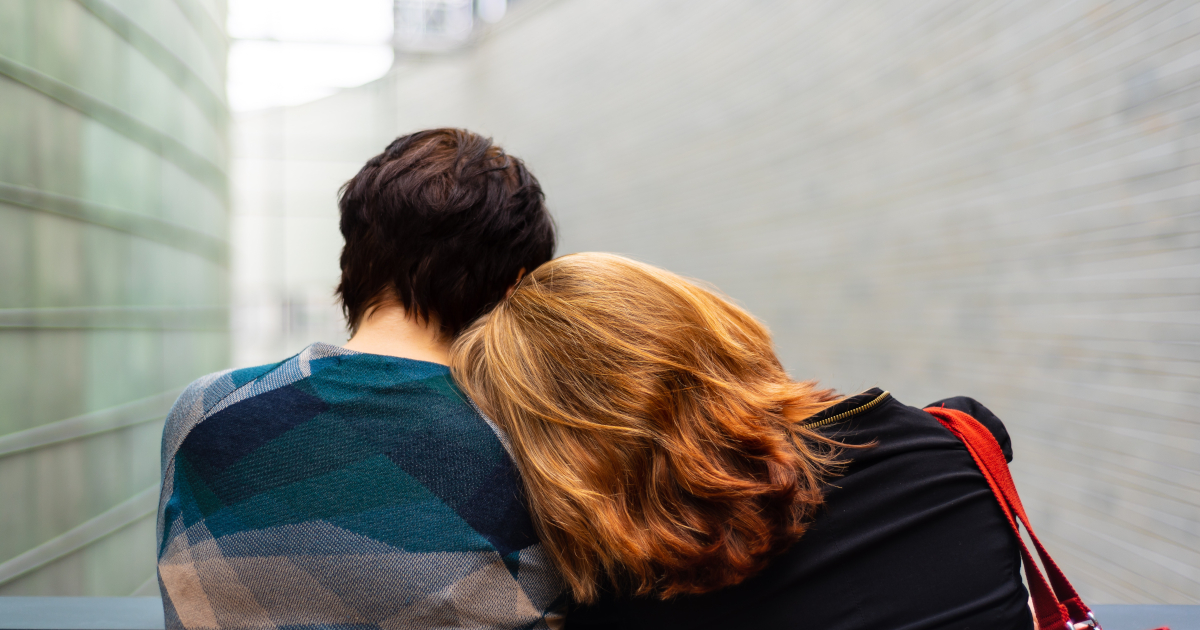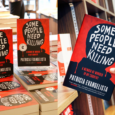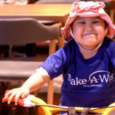Every 40 seconds, someone loses their life to suicide.
The World Health Organization (WHO) reports that suicide takes close to 800,000 people every year and is the second leading cause of death among 15 to 29-year-olds. It’s a global phenomenon and major health problem in all regions of the world, occurring mostly in low- and middle-income countries where over 79% of global suicides were recorded in 2016.
Reports find the global suicide rate to be at 10.5 per 100,000 people. In the Philippines, the rate falls at 5.2. However, for every death, there are more people who attempt it.
Who’s at risk?
While there is an established link between mental health and suicide, mental disorders are not the only cause. Deaths can happen “impulsively in moments of crisis” such as financial troubles, breakups, and illness. In addition to that, it can also occur among “vulnerable groups” who experience discrimination such as migrants, indigenous peoples, prisoners, and the LGBTQ+ community.
But the strongest risk factor is a prior suicide attempt.
But suicides are preventable.
The WHO states that suicides are “preventable with timely, evidence-based and often low-cost interventions.” But it requires cooperation among multiple sectors of society—health, education, labor, agriculture, business, justice, law, defense, politics, and the media—to tackle this complex global issue.
Some of the suggested measures that can be taken that can prevent suicide attempts are:
- Mental health policies
- Responsible media reporting
- Restriction to access to means
- Early identification, treatment, and care
- Training of non-specialized health workers in the assessment and management of suicide behavior
- School-based interventions
- Follow-up care for those who have attempted suicide
But the most important measure to be taken is not to restrict access to the help they need. It’s vital that communities are able to raise awareness and allow open discussion about mental health and suicide in order to make progress towards preventing it.
(READ: Mental Health: The Road To Stability)
How can we help those with mental health issues?
If you know someone who is in need of help, it’s important that you don’t turn a blind eye or leave them to deal with their problems alone.
Reach out and talk to them to genuinely ask how they are. Lend an ear, a hand to hold, or a shoulder to cry on. Don’t belittle their feelings.
Encourage them to seek professional help. It’s important that you remain kind, understanding, and respectful in your choice of words too. Don’t ask outright if they have a mental illness as it may discourage them from seeking help.
(READ: How to Help Those with Mental Health Issues)
The American Foundation for Suicide Prevention also advises that you directly ask the person displaying warning signs if they are contemplating suicide.
AFSP.org lists them as follows:
- Withdrawing from people or isolating oneself
- Showing rage or aggression
- Displaying loss of interest
- Talking about wanting to die or to kill oneself
- Looking for a way to kill oneself
- Talking about feeling hopeless or having no purpose
- Talking about feeling trapped or being in unbearable pain
- Talking about being a burden to others
- Increasing the use of alcohol or drugs
- Acting anxious, agitated, or reckless
- Sleeping too little or too much
- Visiting or calling people to say goodbye
- Giving away prized possessions
If they are, take them seriously, don’t leave their side, and escort them to mental health services.
Avoid debating on the value of life, minimizing their problems, or giving unsolicited advice as well.
Where to get help?
Here are hotlines you can call:
- Natasha Goulbourn Foundation (NGF) – (02) 804-HOPE (4673), 0917 558 HOPE (4673) or 2919 (toll-free for GLOBE and TM subscribers)
- Manila Lifeline Centre (MLC) – (02) 8969191 or 0917 854 9191.
- In Touch Community Services Crisis Lines – For relationship problems, addiction, abuse, other emotional problems. +632 893 7603, 0917 8001123, 0922 8938944. Email at crisisline@i-manila.com.ph.
- Living Free Foundation – For addiction, individual and marital counseling. 0917 322 7087. Email at livingfreefoundation@gmail.com.
- Dial-a-Friend – (02) 5251743 or (02) 5251881.
You can also check out this list we’ve compiled of mental health resources, from support groups to online counseling, which you can access:
READ: Need some help? Here’s our directory for mental health hotlines, support groups, and more
Let’s all end the stigma against mental health. #WSPD
Header Photo by Toimetaja tõlkebüroo on Unsplash





